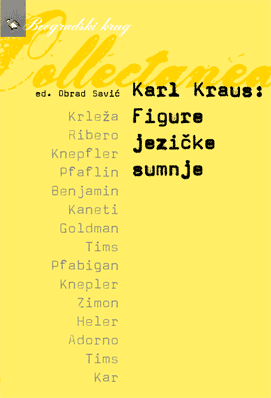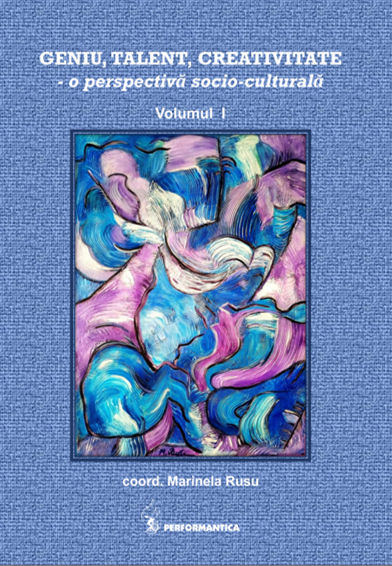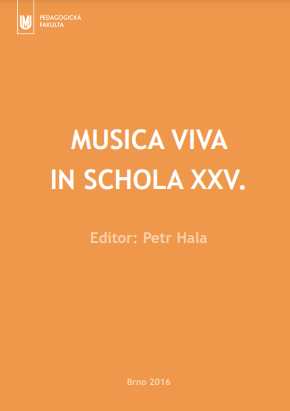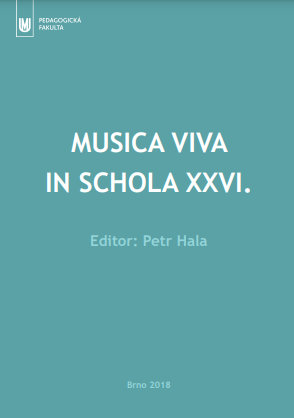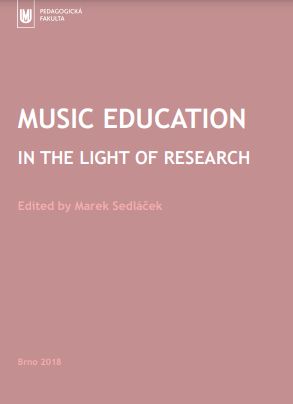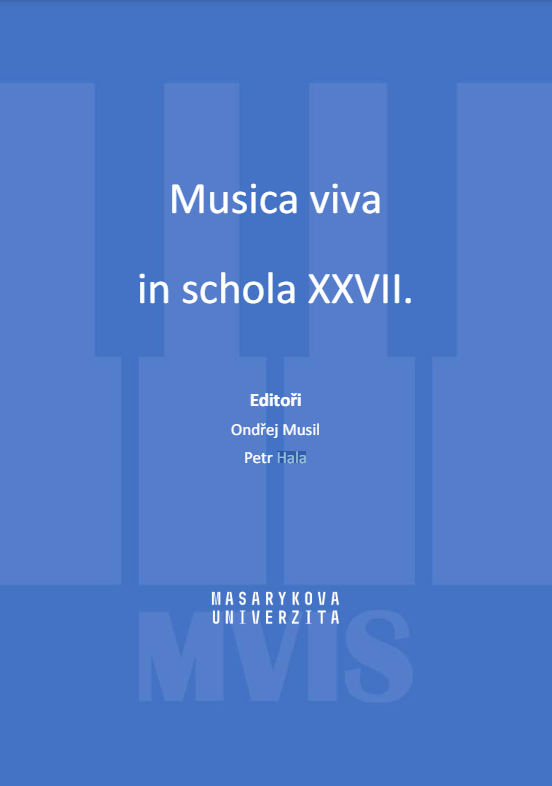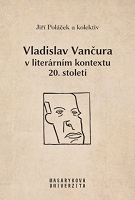Author(s): Sebastian Vîrtosu / Language(s): Romanian
Publication Year: 0
According to the spirit of the age (zeitgeist) in the musical art of the twentieth century are shown the searches, the innovations brought and the constant struggle of the pioneers against the tradition of the old masters. Atonalism, for example, was promoted as a reaction to the tonal system considered obsolete, unable to satisfactorily reflect the new features of modern society. Serialism is, without a doubt, the most faithful expression or mirror of the industrialized, automated society, of the entry of machinery into people's lives, robotizing, and finally, dehumanizing the human being. Serialism, by the unchanging order of the string of notes in the musical composition, strongly suggests the inflexibility and automatism of the machines started with the industrial revolution. Dodecaphonism reflects the strong socialist and communist egalitarian movements. Just as all men were to be equal in rights, so the 12 notes in a range had an equal right to manifest themselves in full, and any of them could be the concluding center of a composition. There was no such thing as tonalism. If the center was, for example, the D major, the work could only be completed on the re note, not on any of the twelve notes. Slowly but surely, each new current will generate more and more ruptures, destroying the unity of tradition in smaller and smaller parts, thus reflecting the atomization of modern society, in hundreds and thousands of social groups, professional, cultural, or religious. From this perspective, we intend to present a brief summary of Dmitri Shostakovich's creation.
More...
